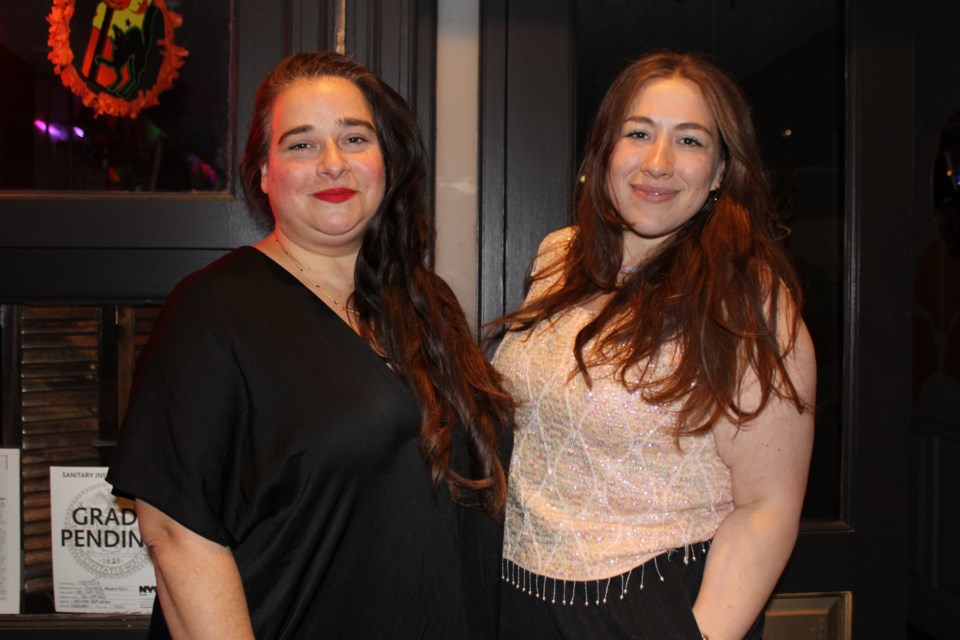The 1960s British music group, The Beatles, are universally known as, perhaps the first major boy band with global appeal.
But how many people can say they are familiar with The Chantels or Shirelles, two popular girl groups of the same era?
In the new book, "But Will You Love Me Tomorrow? An Oral History of the '60s Girl Groups," Brooklyn authors Laura Flam and Emily Sieu Liebowitz explore the stories of the girl groups in the 1960s that helped define the iconic era in music.
Flam and Liebowitz conducted more than 300 hours of interviews with more than 100 women from 2019 to 2022 to present an oral history told through the words of the influential women who lived through the time.
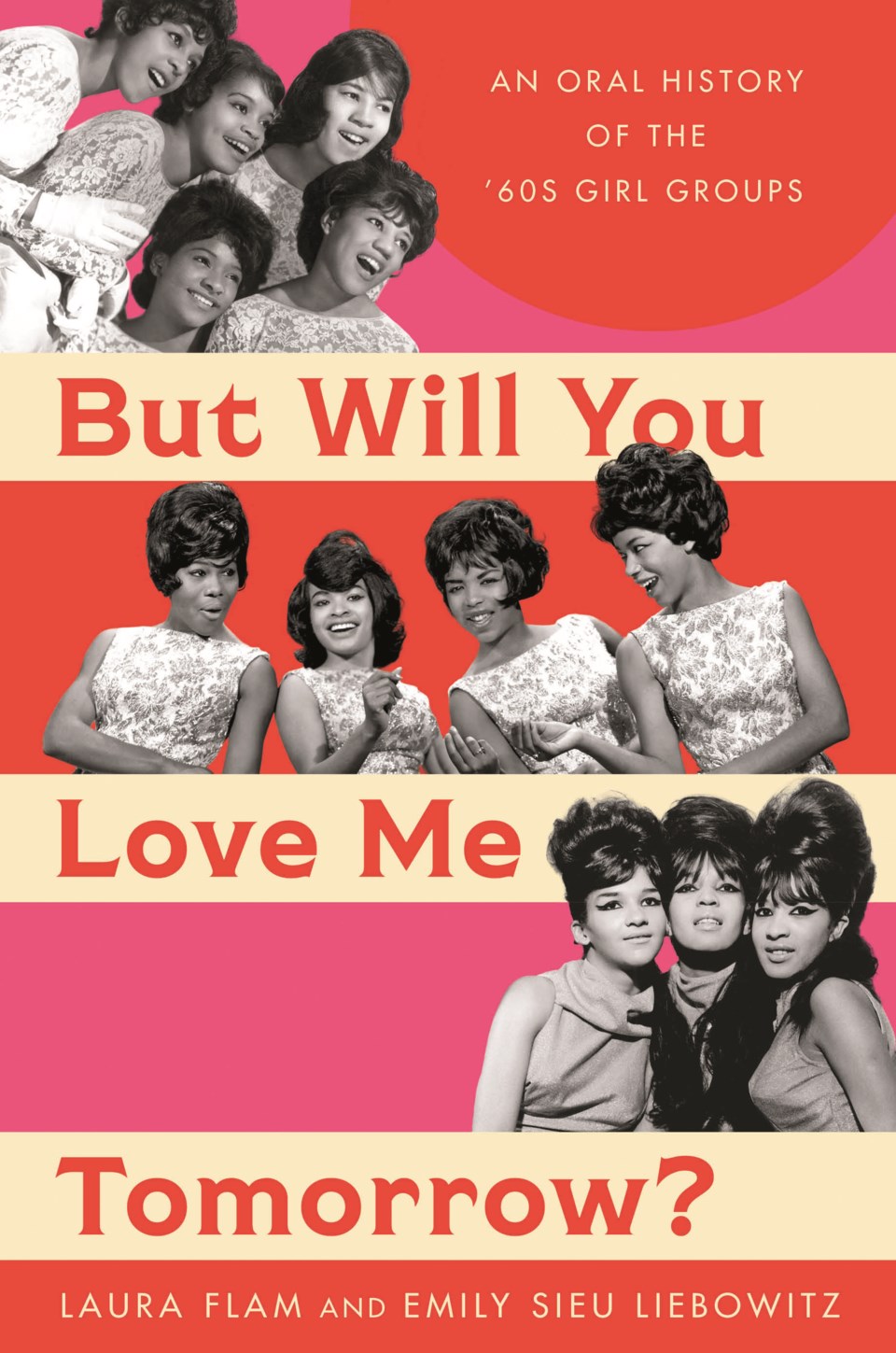
Interviewees include well-known stars like Darlene Love of The Blossoms, Mary Wilson of The Supremes and legendary songwriter Carole King, who wrote “Will You Love Me Tomorrow” by the Shirelles. Some of the book’s other compelling subjects, like Lois Powell of The Chantels, are lesser known — though no less influential, the authors said.
Flam and Liebowitz first got the idea for the book after attending doo-wop concerts together. They realized that there wasn’t much information on the women behind these groups, so they set out to find them.
“Most of the women were pretty excited to have an opportunity to get more recognition,” said Flam. “I think that as a group collectively, they feel like they've been pretty under-recognized for their contributions.”
The authors tracked down many of the women the good old-fashioned way: The phone book. They also used each interview as an opportunity to get a lead on who they could speak to next.
The authors said this work was urgent. For example, since they began the writing process, sadly, already16 of their interviewees have passed away.
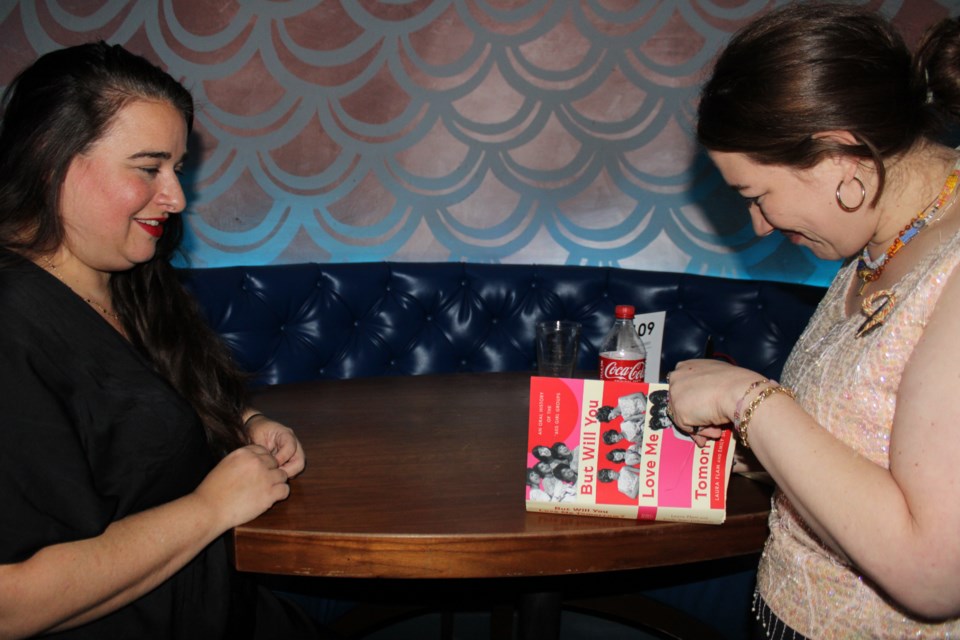
“We wanted to just write down the history and to capture it while people were alive and able to talk about their lives,” said Flam.
The mid-1950s to 1960s was an explosion of music as popular culture. Groups like The Beatles and the Supremes had crossover appeal and enjoyed global success, molding the modern-day idea of the pop star. And, the girl groups, which were largely comprised of young Black women, brought the sounds of soul and gospel to popular music.
“The '50s was the first time that teenagers had an allowance and some freedom. Rock 'n' roll really came up as a market for this new era of teenagers,” said Flam.
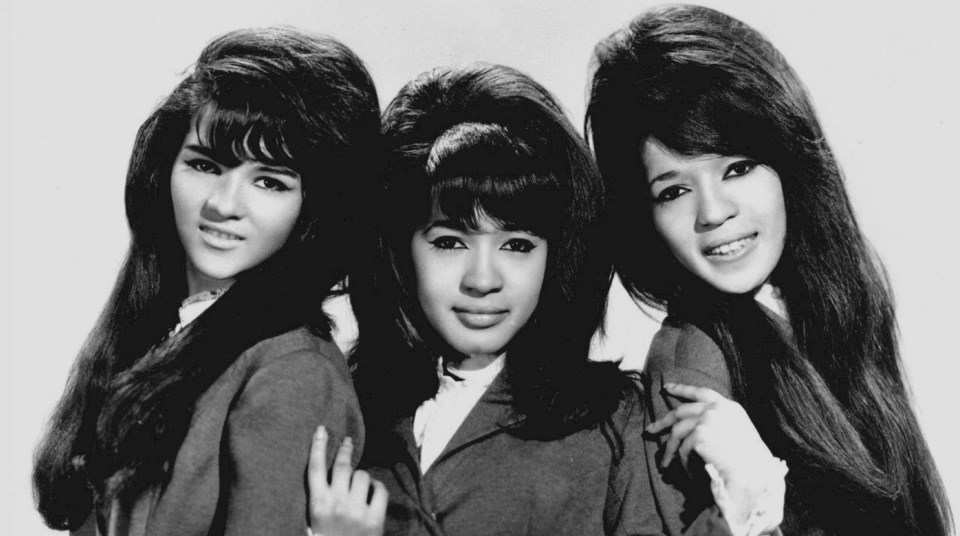
The book also highlights Brooklyn’s unique role in the girl group explosion. Many of the era’s prolific songwriters like Neil Sedaka, Carole King and Bob Feldman, who wrote "My Boyrfriend's Back" by The Angels, were Brooklynites.
Tuesday night, Flam and Liebowitz saw the stories in their book come to life in a new way at the Bushwick Book Club, which hosted an event featuring live performances of original songs based on the stories told in the book.
“As an author, it's not something you actually get to experience very often, to see how people are affected by your work,” said Liebowitz.
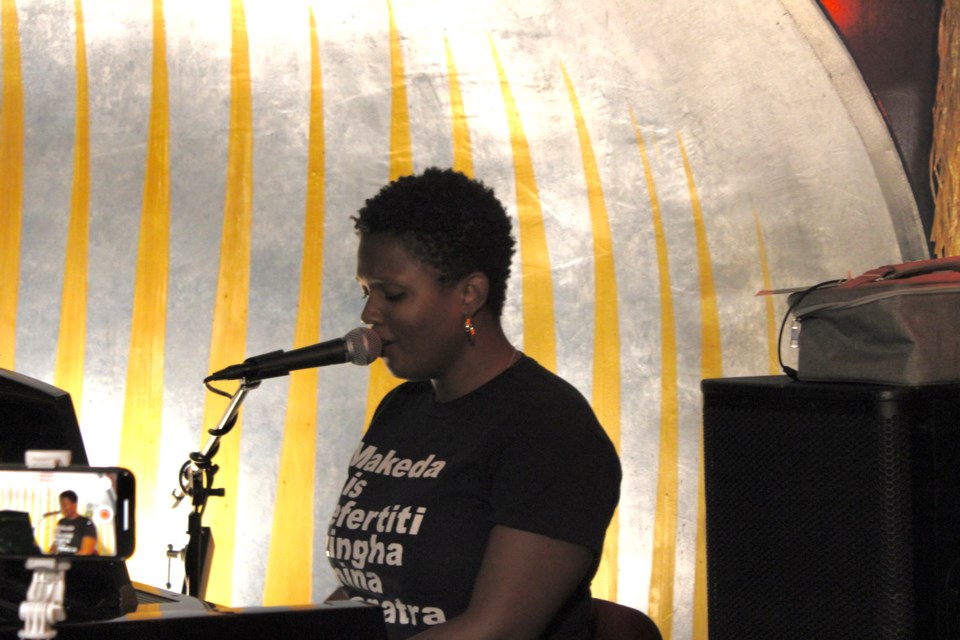
Though many of the women in these groups didn’t reap the financial benefits from their success, Liebowitz said they often expressed a great deal of pride.
“Even though they're not getting the money, they know that people still love that music, and they know what it's meant in people's lives,” said Liebowitz.
Flam and Liebowitz created a Spotify playlist of the music created by the people they interviewed and said they hope the book gives people a new perspective on the era.
“I hope that the people start to give more credit and space to the women who sang the songs,” said Liebowitz. “Their voices have carried us through so many times, all of us as individuals and all of us as a culture.”

